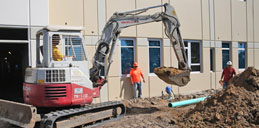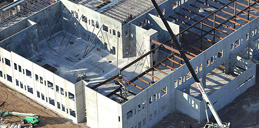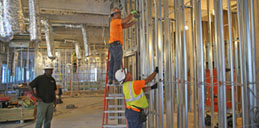How to Build on a Budget
Creating a reliable budget is the most critical step in any construction project, whether commercial or industrial. From land acquisition to material costs and labor fees, numerous factors influence your spending. Missing the budget can cause delays, strained relationships with partners and stakeholders, and potentially, project failure. Here’s how to create a dependable budget for your next construction project.
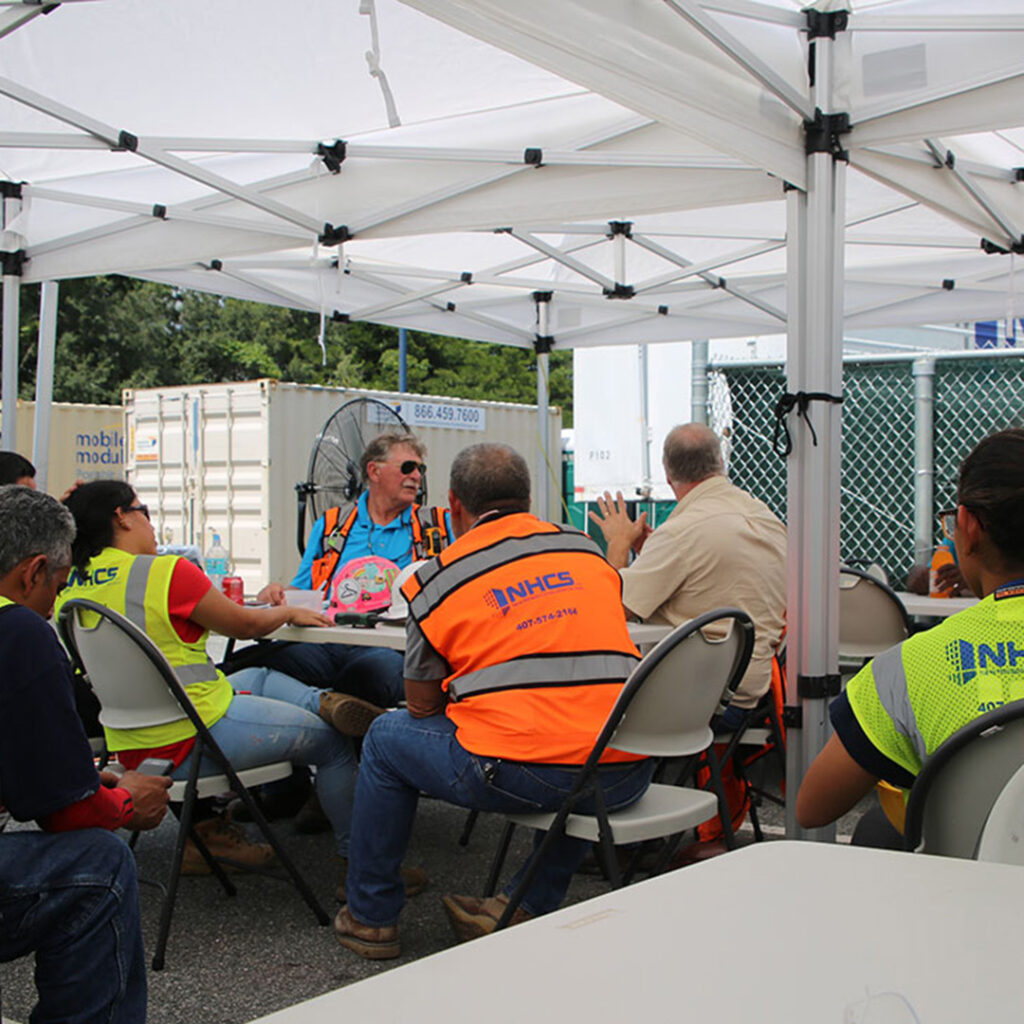
Conduct a Feasibility Analysis
Before diving into the numbers, you must assess the project’s feasibility. Evaluate the resources available, timelines, and the overall scope of the work to determine if it’s realistic. Conduct a SWOT (Strengths, Weaknesses, Opportunities, and Threats) analysis to identify potential hurdles that could affect the budget.
Preliminary Budgeting
To get an accurate budget, it’s essential to get detailed estimates. This involves:
Get Detailed Estimates
Material Costs
Get quotes from multiple suppliers and negotiate favorable terms when you can. Remember, material costs fluctuate, so you should add a buffer to control for those fluctuations.
Labor Costs
Based on the project’s scope and schedule, calculate your labor costs as accurately as possible. Consider the types of labor, including skilled, semi-skilled, and unskilled workers, and factor in hourly rates and potential overtime costs.
Equipment Costs
You’ll probably need specialized machinery or tools for the project, so you must research the rental or purchase costs and account for the operational expenses, such as maintenance and fuel.
Subcontractor Fees
Will you need subcontractors for your project? If so, get multiple bids to ensure you’re getting the best price, and check the quality of their previous work to ensure they can meet your standards and timeline.
Factor in Additional Costs
Contingencies
It’s wise to allocate 10–10% of the total budget for contingencies to handle unexpected events, like material price hikes, weather-related delays, or changes to the project’s scope.
Permits and Fees
Include the costs of all the required permits, licenses, and fees to ensure you’re in legal compliance.
Financing Costs
If the project is funded through loans or investors, make sure you include things like interest rates and other financial charges.
Use Budgeting Software
Investing in specialized construction budgeting software, like Procore or Stack, will help you track expenditures and maintain real-time reports. These tools are indispensable and allow you to make adjustments on the fly to improve efficiency and accuracy.
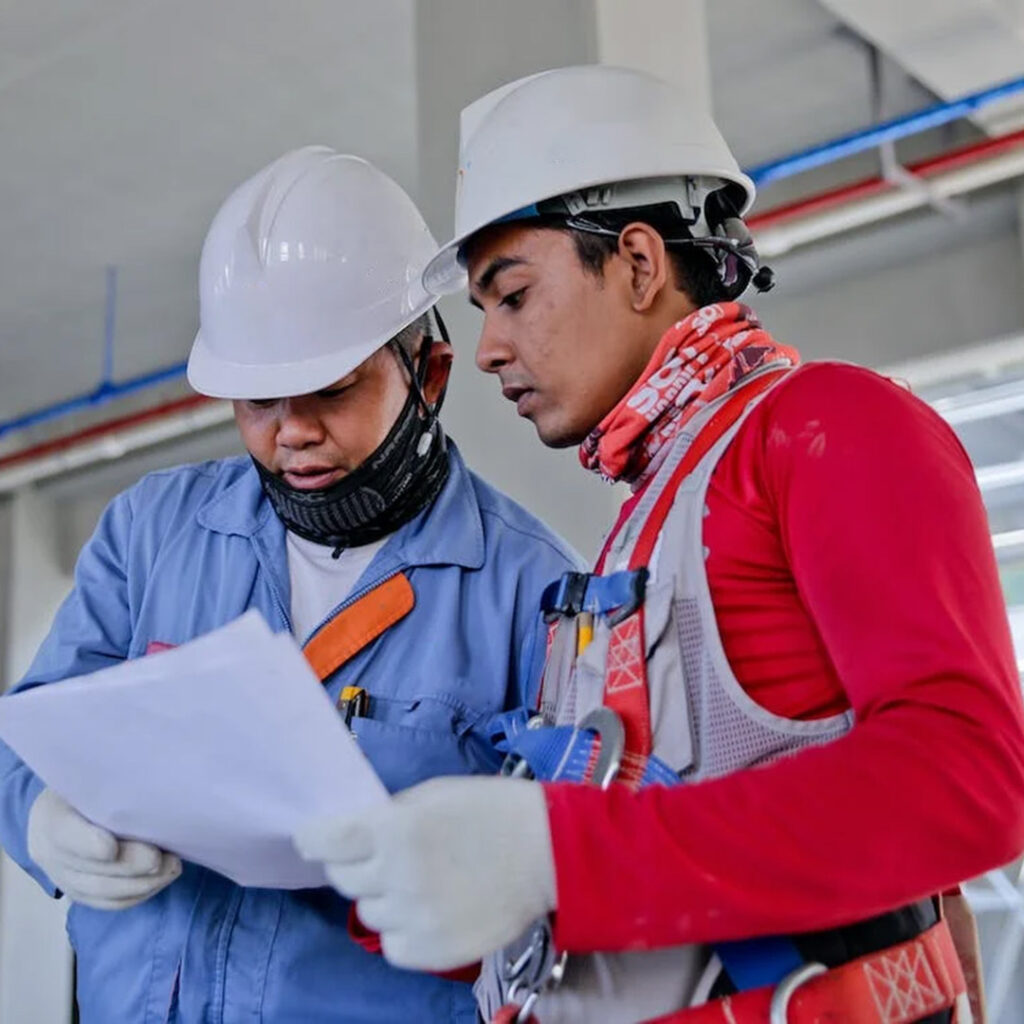
Regular Reviews and Revisions
The key thing to remember about budgets is that they’re never static; they’re dynamic and require constant monitoring to deal with changing conditions. That’s why you must regularly compare the actual costs against what you budgeted for and update the budget accordingly. This can prevent you from over or under-spending and jeopardizing the project.
Communication
It’s essential to inform all your stakeholders about the budget’s status. Transparency fosters trust and ensures everyone is aligned, reducing the chance of misunderstandings that could negatively impact the project.
Crafting a reliable budget for a commercial or industrial project is an intricate but crucial first step that requires thorough planning, constant monitoring, and communication to mitigate risk and control costs to ensure the project is completed successfully.
Partner With Us
New Horizon Construction Services is a licensed, bonded, and insured MBE General Contractor in Central Florida. We provide pre-construction, construction management, design/build, and general contractor services. We have the capabilities to offer a complete construction services package, from budgeting to planning to the workforce and beyond.
Although we’re located in Central Florida, we can work throughout the country.
When you partner with us, you get a team of experts dedicated to completing your project on time and budget. Get in touch with us today at 407–574–2164.



